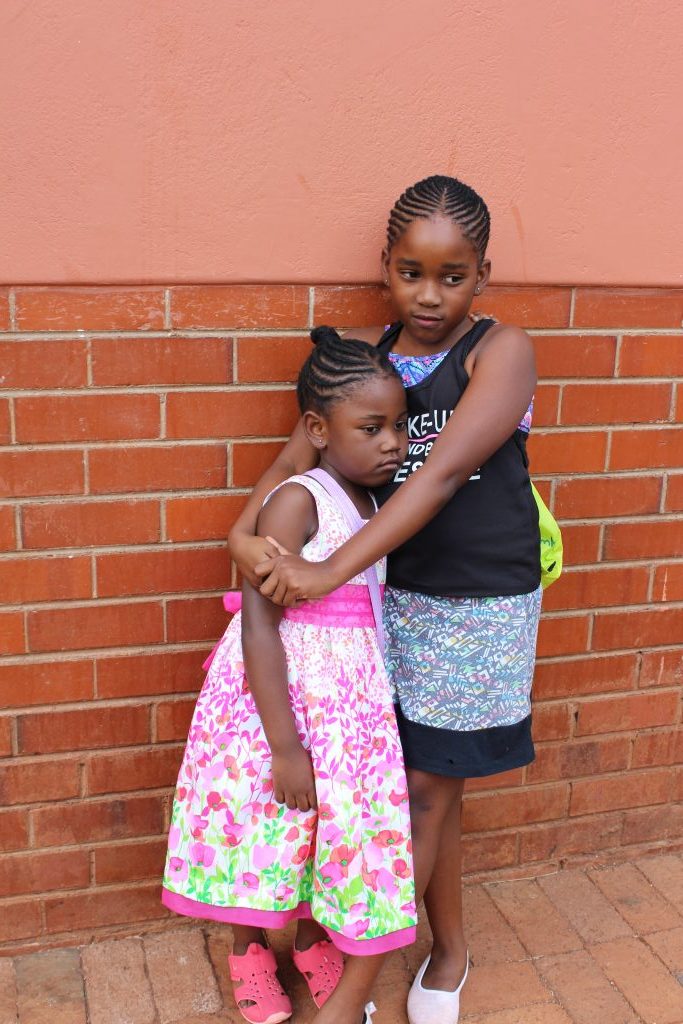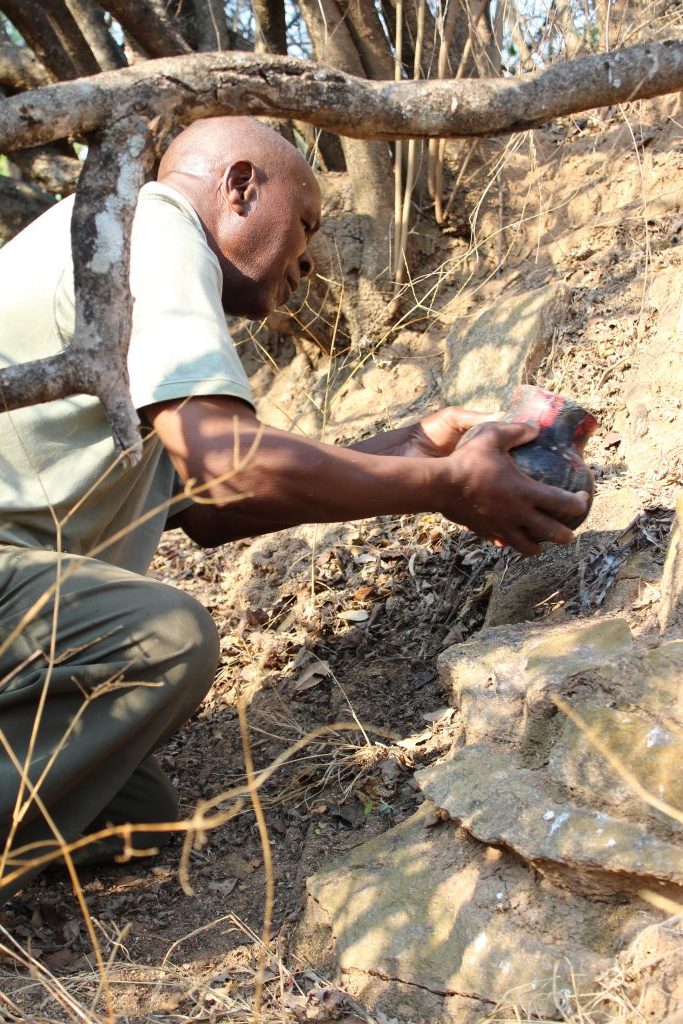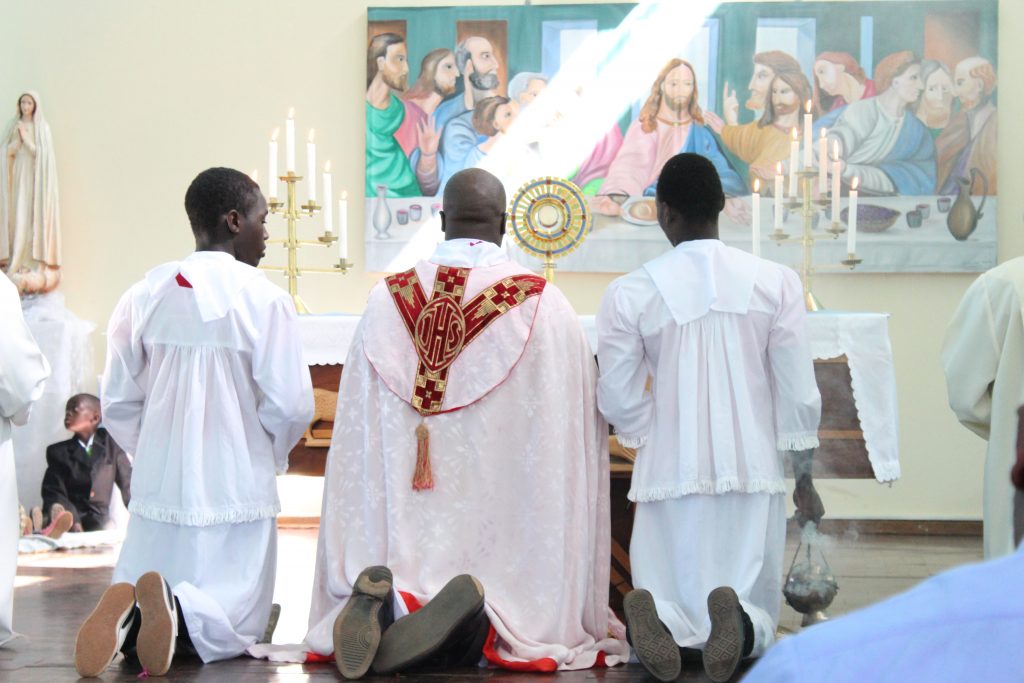The traditional values of Zimbabwean people are centered on strong family ties and hospitality. Members of a family rely on each other for support and show solidarity in the various facets of life. Nevertheless, things are not always as rosy as they are supposed to be. A family could easily and unbearably become the greatest institution of disunity one can ever belong to.
Now turning to the Covid-19 disease, like any other disease outbreak, a discussion on culture and traditional practices is unavoidable if containment efforts are to be effective. Such a discussion obviously has two sides to it. One side relates to how the practices pose a challenge to the effective implementation of containment measures. The other accepts that the practices could indeed pose a challenge and considers how best to navigate under such circumstances.
Below are six key aspects to consider when tackling disease outbreaks.
1. We have a rich tradition of care

It is difficult to imagine that I would see a loved one sick, helpless and dying, and do nothing to help them. We are inclined to want to take care of a sick relative, a role which is normally played by girls and women.
A video that circulated on social media a few days ago, showed an ambulance taking away a woman suspected to have contracted Covid-19. To the disbelief of many, one other woman joined the visibly sick woman in the back of the ambulance. She seemed clearly unmoved by the possibility of also becoming infected. Needless to say, women will most likely face a greater burden than men throughout the duration of the pandemic.
I read somewhere that human beings are normal, not rational. In the face of the current pandemic, it would be prudent to assume that people will still take care of loved ones who fall sick. Currently, the message out there on preventing infection is bold and clear, stating the ABCs of how to protect oneself against infection.
Is this message out there adequate given the possibility that people will take care of their loved ones? I imagine that framing a message in a way that clearly recognises that people will take care of their loved ones, could be an additional step in lowering transmission within households.
2. Religion has a significant influence on widely held beliefs relating to disease and death

Religious beliefs have a major influence on the way disease and death are perceived by a significant number of Zimbabwean people. Some Christians believe that disease and death are a form of punishment from God. On the other hand, some of those who practice indigenous religion attribute ill fortunes to witchcraft or punishment from the ancestors for various transgressions.
The significance of religious beliefs and practices relates to how perceptions can dictate the response to a disease outbreak. Some will feel that human intervention does little to alleviate a problem.
I spoke to a member of one apostolic sect a few days ago. She did not seem bothered by the current crisis simply because it had been revealed to them through their leader months before. So while the authorities are advocating staying at home, the members of this sect have to frequently meet and pray, because to them that is the only way to defeat this pandemic.
The structures of churches and traditional society could be exploited to effectively communicate the desired message. This is not uncommon and has proved successful in political campaigns. Considerations would have to be made, however, to implement such a strategy differently. That is because, with the current outbreak, social distancing is critical. Leaders of religious groupings and traditional leaders are better placed to communicate effectively with their members.
3. Traditional and spiritual healing are common
The majority of Zimbabweans still place reliance on traditional and faith healers. When people resort to these channels, cases could go unreported and the risk of spreading the infection is increased. Some medicinal practices include procedures that involve close contact with the healer. These pose a risk of transmission. At the same time, the more patients a healer attends to, the greater the number of people that risk infection.

Tailoring a message directed to healers could be considered to address such a challenge. The Zimbabwe Catholic Bishops’ Conference issued a statement on 24 March 2020 giving guidance to priests on how sacraments should be celebrated or administered during the pandemic.
4. When burial traditions are forbidden, the bereaved are robbed of a familiar way to grieve
There are quite a number of practices related to the burial of deceased loved ones. Such practices include handling the body while washing and dressing, the family and community gathering for a funeral, and staying up all night with the body. When gathered, people sing and dance. They also shake hands as they console each other with some weeping and wailing.

With disease pandemics, all this is suddenly taken away and so is a familiar way of grieving and offering comfort to one another. Some of these practices are related to religious beliefs, making it difficult for others to accept that they should forego the performance of such rituals.
The extent of a disease outbreak could make it difficult to monitor the reporting of all cases that arise. When people are not prepared to let go of their customs, the possibility arises that they hold back from reporting. That way, the cause of death is dissociated from the particular disease enabling the performance of burial rituals.
When deaths occur, how can the bereaved still get a way to show their grief in a way somewhat in line with what is familiar to them? Without this, cases could go unreported and containment efforts compromised.
5. Languages matter
It seems that information and messages on disease outbreaks are primarily available in the English Language. That seems to be the case even with the current pandemic. There could be an assumption that a majority of Zimbabweans have a satisfactory level of proficiency in the English language. However, the nature of posters I have come across in Harare’s CBD has had me questioning how probable this could be. After all, Zimbabwe has a record-breaking sixteen official languages.
Most Zimbabweans, particularly in rural areas speak our indigenous languages. While urban dwellers could be assumed proficient in English, this might possibly not hold true for a significant number.

During the 2014 – 2015 Ebola epidemic in West Africa, a national survey was conducted in Sierra Leone on Ebola-related knowledge, attitudes, and practices. The results showed that 30% of respondents thought that Ebola was transmitted through mosquitoes, 30% thought it was an airborne disease, and 41% believed that hot salt-water baths could prevent Ebola. Such knowledge gaps and misconceptions might be difficult to address if a language barrier exists.
During the current Covid-19 pandemic, I have come across a couple of Shona messages that are circulating on WhatsApp. One is a short video done by a non-profit organisation called Mom’s A Genius, and the other is a written translation of a message by UNICEF. It is my hope that there is more out there in the dominant languages at least.
Also worth noting is that disease outbreaks usually introduce words that have no equivalent in indigenous languages. Rather than bemoan the inadequacy of our languages, they too should evolve with these pathogens. In 2019 alone, Merriam Webster added more than 530 new words to the English dictionary.
The matter of languages brings to the fore questions on how best translations could be done effectively and without delay. This will ensure communications are made widely available and easily understandable.
6. Wild-animal meat has traditionally been a common food source
Zimbabweans are no strangers to the consumption of wild-life meat. The current Covid-19 pandemic has been associated with Chinese horseshoe bats. While not all pathogens will result in a pandemic, we don’t know which one will. This invites us to rethink how our communities treat wildlife.

This discussion on traditional practices leaves me with one question – To what extent have communications done on the current Covid-19 pandemic taken into account our traditions, customs and languages?
I believe that with a crisis of this magnitude, the authorities cannot afford to leave any stone unturned.


Great read!!
Thank you Nancy.